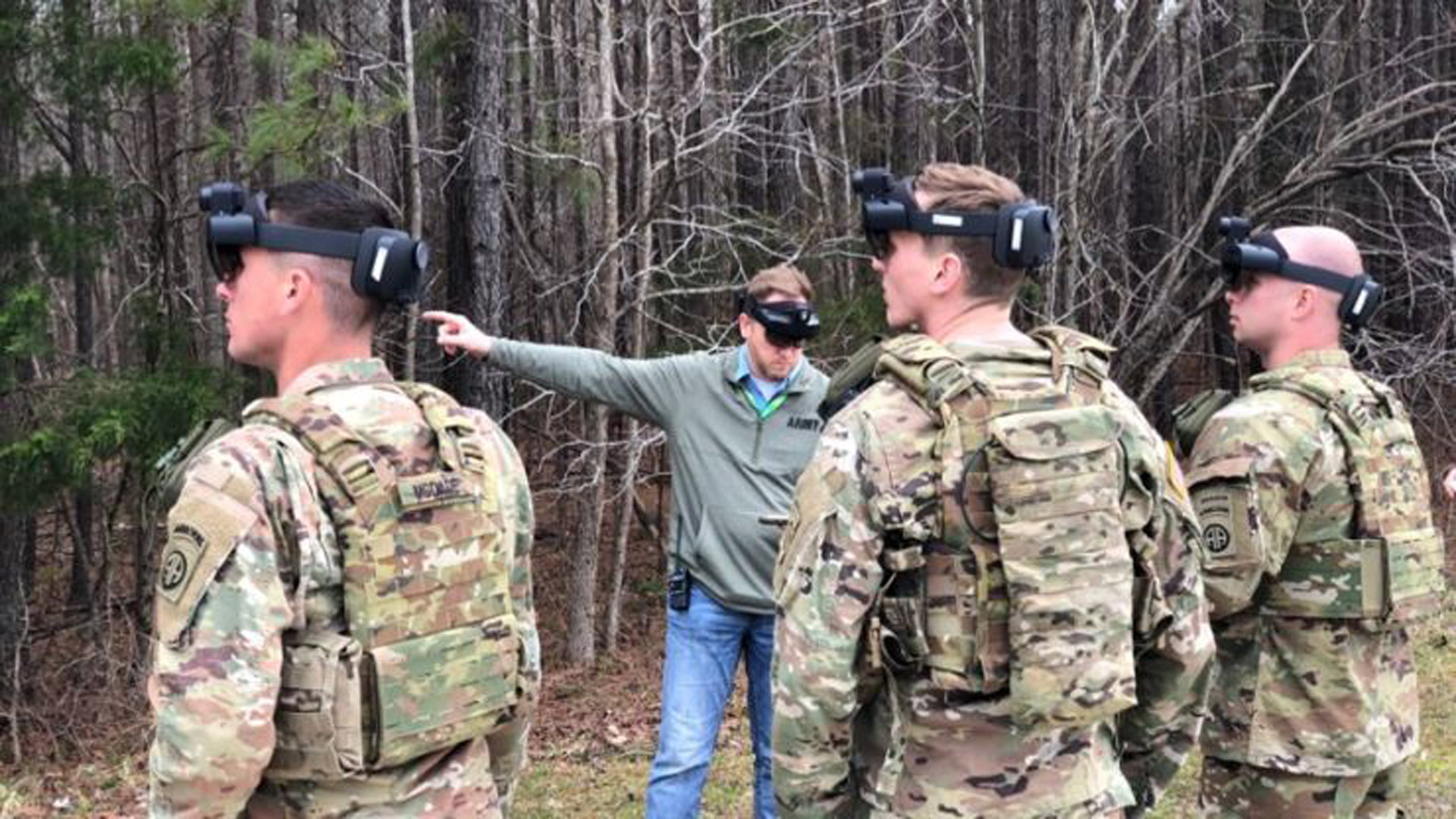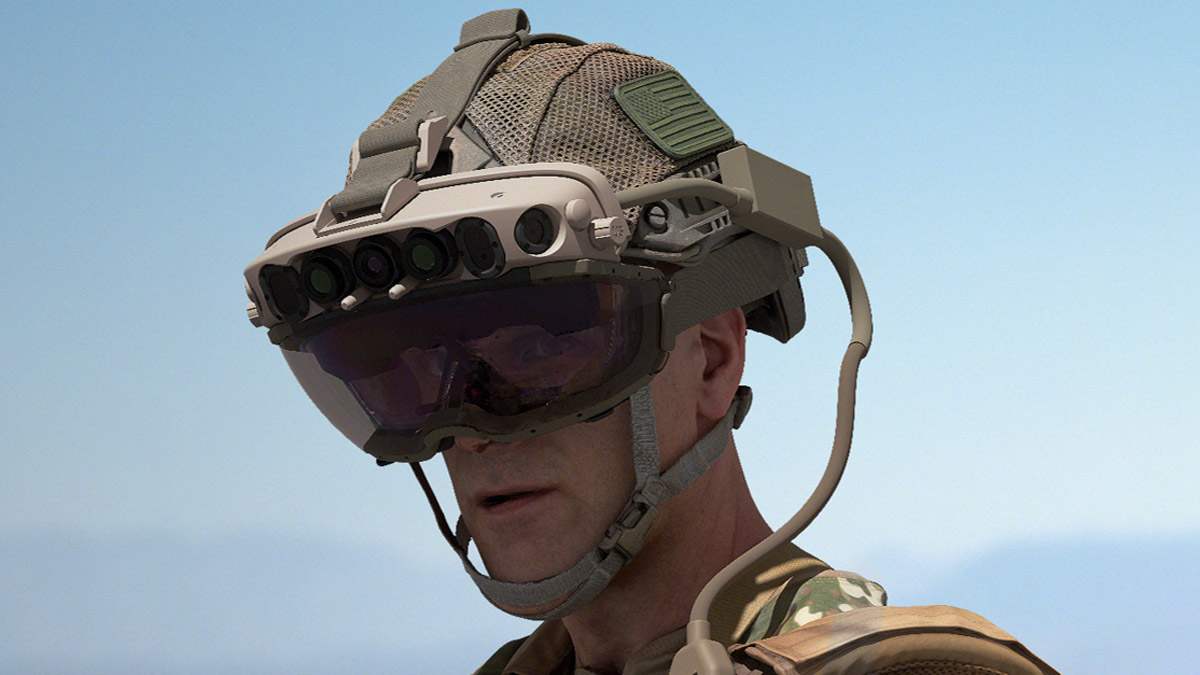Microsoft is supposedly gearing up to field test its HoloLens-based military AR headset, however a new report contends the company is bracing for impact, as it’s expecting negative feedback from soldiers.
Last year, Microsoft announced it had won a United States Army defense contract worth up to $22 billion which would see the development of a so-called Integrated Visual Augmentation System (IVAS), a tactical AR headset for soldiers based on HoloLens 2 technology.
A Business Insider report, citing a leaked internal email, maintains that Microsoft has low expectations for its latest version of IVAS, which is set to begin real-world operational tests with the US Army in May.

Microsoft’s IVAS contract has allegedly seen delays and quality problems. A separate Business Insider report from last month alleges its enterprise-focused HoloLens 3 may also be at risk due to internal issues within Microsoft’s mixed reality division surrounding whether HoloLens should serve consumers or continue courting enterprise companies.
A purported Microsoft Teams message from Mixed Reality division head and HoloLens co-inventor Alex Kipman paints a pretty depressing story:
“So depressed, so demoralized, so broken. I’m sure by now you’ve read or heard about one or two of the Business Insider articles that were published on us. On our private roadmap. On our customers’ confidential data … as a consequence of these articles and these individuals shameful actions, someone from finance already came to me to ask if we should lock down and not share so openly our numbers. Someone from marketing already came to me and asked if we should lock down and not share so openly our roadmap. Someone for from our National Intelligence and Security Team already came to me to ask if we should lock down our IVAS work.”
Kipman rebuffed the previously report of unrest, saying “don’t believe what you read on the internet.”
It’s said that soldiers may take issue with the device’s low light and thermal imaging performance, and that user impressions will “continue to be negative as reliability improvements have been minimal from previous events.”
That $22 billion is an upper target and not the full amount granted to Microsoft at present. And it seems confidence in the project isn’t very high at the moment, as US Congress has allegedly frozen $394 million from the Army’s IVAS budget, which Business Insider notes leaves only $405 million—around $200 million shy of what Microsoft supposedly needs to recover development costs.
Additionally, it’s also said some close to the project fear the Army will simply walk away from the contract.
,
